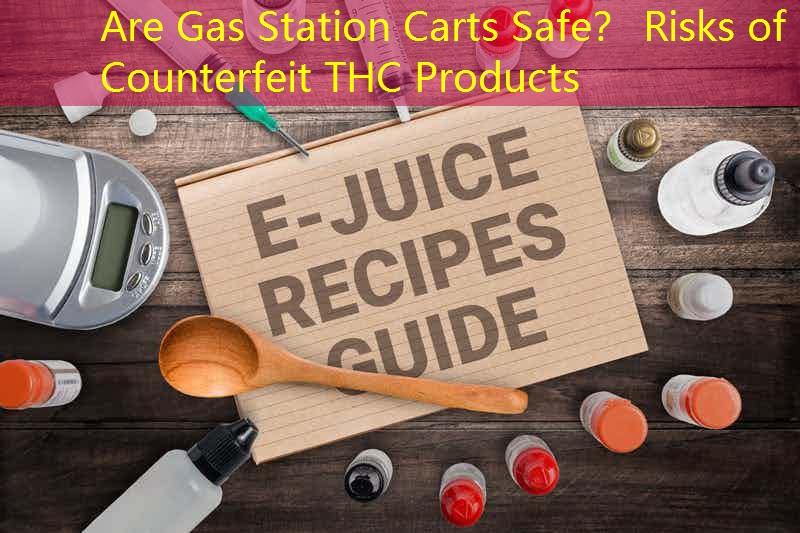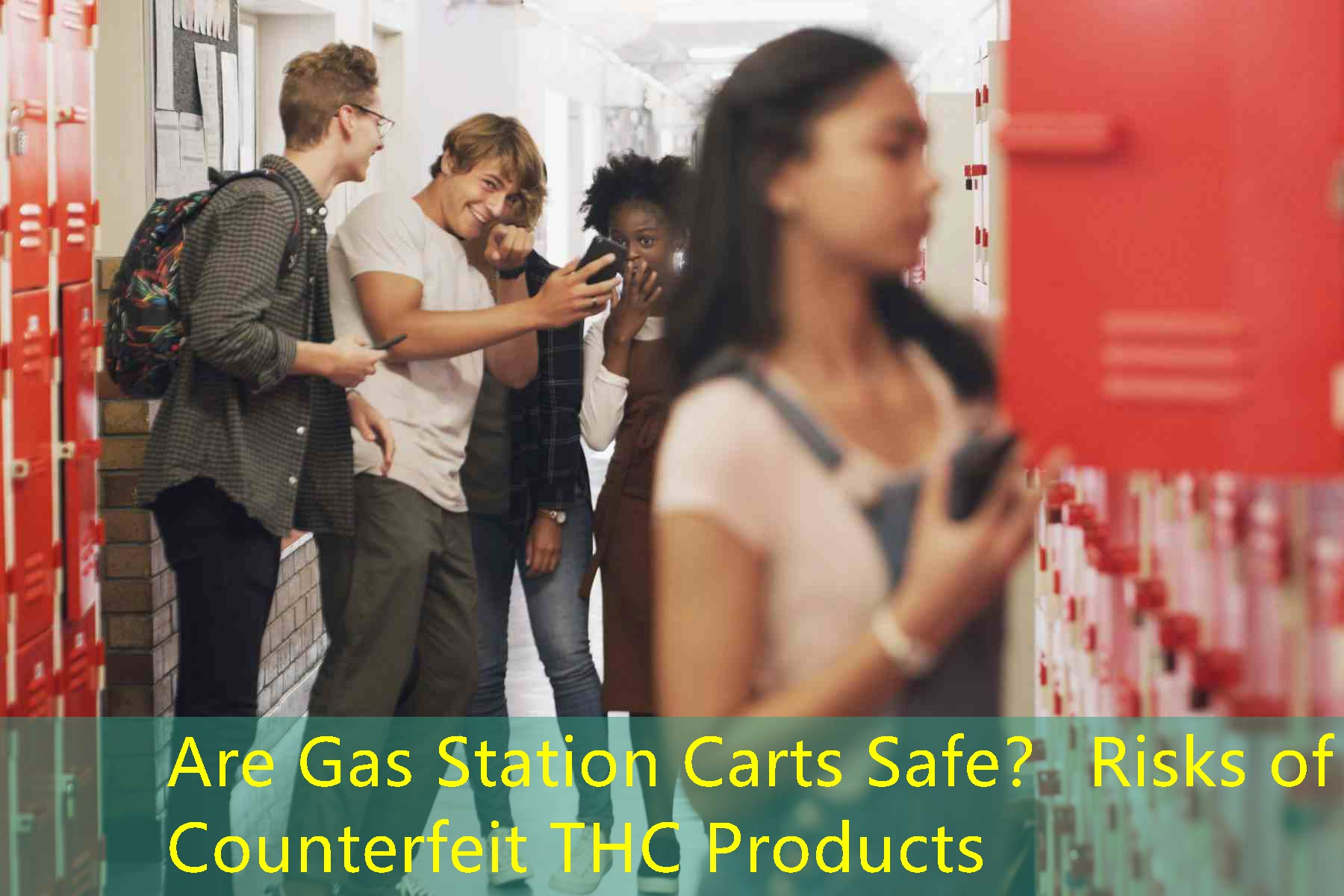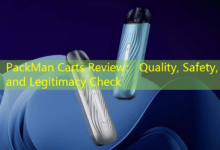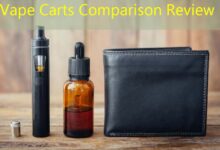Are Gas Station Carts Safe? Understanding the Risks of Counterfeit THC Products

When it comes to convenience, gas station carts, often referred to as vape pens or carts, provide an easy way for consumers to access THC products. However, the surge in popularity of these products has also sparked concerns regarding their safety. With the cannabis industry evolving rapidly, many people may not be aware of the risks associated with counterfeit THC products found in these easily accessible outlets. This article delves into the safety of gas station carts and the potential dangers of using counterfeit THC products.
The Allure of Gas Station Carts

Gas station carts have gained traction due to their affordability and availability. For many consumers, the convenience of picking up a vape pen alongside gas or snacks is appealing. These carts often come in various flavors and designs, capturing the interest of both seasoned users and newcomers alike. However, the enticing presence of these products at gas stations comes with underlying issues that are often overlooked, notably the prevalence of counterfeit and unregulated products circulating in the market.
Understanding Counterfeit THC Products
Counterfeit THC products are those that falsely claim to contain THC or are misbranded. These products might be sold at gas stations where regulations are lax, making them more susceptible to counterfeiters. Common hallmarks of these counterfeit products include:
– Lack of ingredient transparency
– Absence of lab testing results
– Unsanitary packaging
The uncertainty surrounding these products raises concerns about their chemical composition, which may include harmful additives or incorrect dosages, posing health risks to the users.
Health Risks Associated with Counterfeit Carts
The use of counterfeit THC carts can lead to numerous health risks. Firstly, many of these products may contain dangerous chemicals such as vitamin E acetate, which has been linked to lung injuries. Reports from health organizations have shown a spike in cases of lung-related illnesses and even deaths associated with vaping counterfeit products. Additionally, users may experience unexpected effects due to unknown ingredients, leading to significant health risks.
Identifying Genuine THC Products
To ensure safety when purchasing THC products, consumers should be vigilant. Here are several tips to help identify genuine carts:
– Check for lab testing: Reputable brands will provide third-party lab test results to confirm the safety and potency of their products.
– Examine packaging: Genuine products will have clear labeling, including ingredient lists, dosage recommendations, and QR codes for verification.
– Purchase from licensed dispensaries: Whenever possible, buy from regulated dispensaries rather than gas stations, as these outlets typically adhere to stricter safety standards.
Case Studies and Statistics
In recent years, numerous studies have highlighted the risks associated with counterfeit THC products. For example, a report from the CDC indicated that almost 70% of patients hospitalized for vaping-related lung injuries had used products containing THC from unregulated sources. Additionally, the National Institute on Drug Abuse has reported rising incidents of product contamination and misuse tied to counterfeit carts. These statistics underscore the urgent need for consumers to be cautious about where they purchase their vaping products.
Conclusion: A Call for Awareness and Caution
As the cannabis market continues to grow, so does the complexity of navigating safe product choices. Gas station carts may appear to be a convenient choice, but the risk of counterfeit THC products cannot be ignored. By staying informed, consumers can protect themselves from potential health hazards associated with these dubious products. Being proactive about product safety not only enhances individual well-being but also contributes to a more responsible cannabis culture overall.








